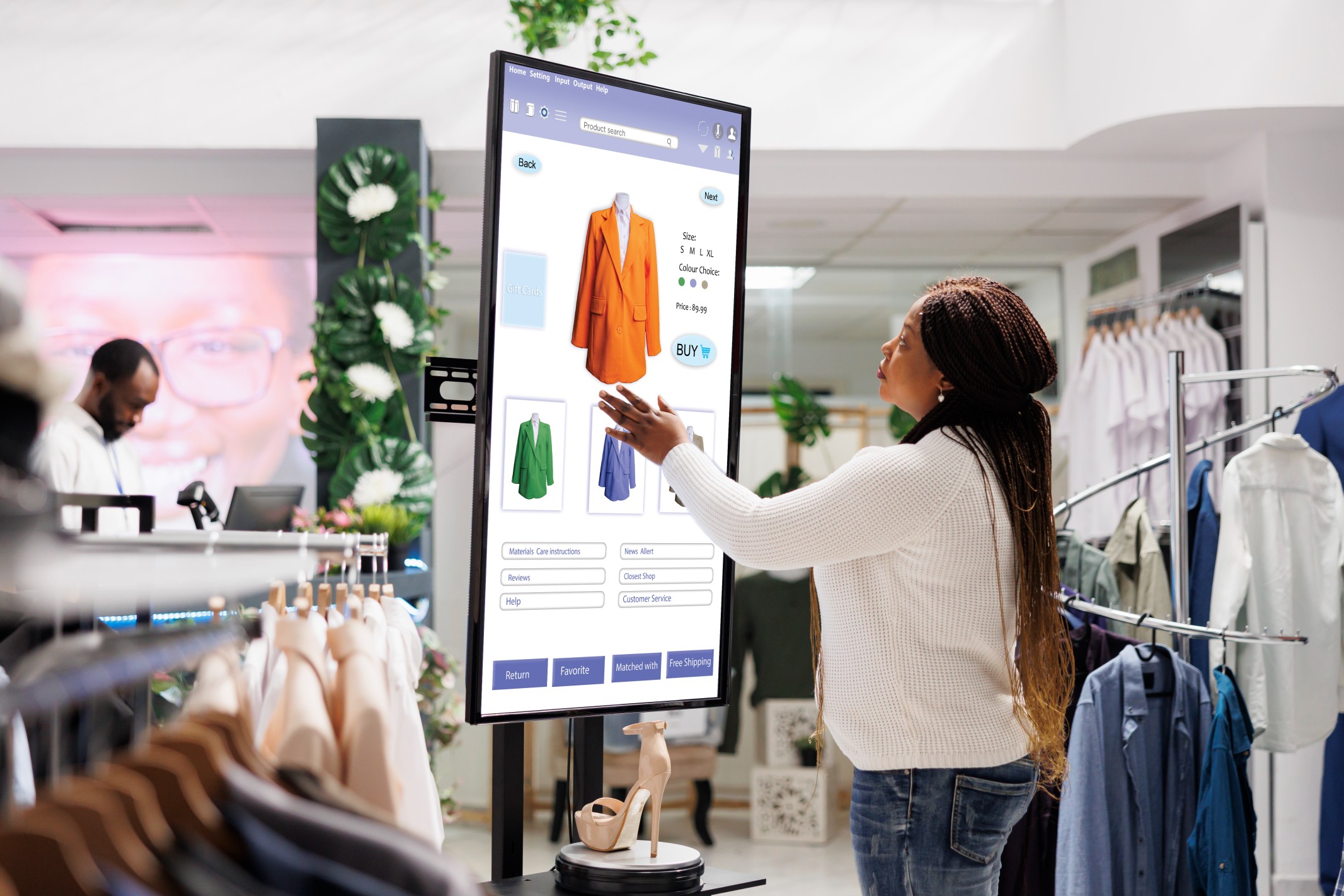How ERP Transforms the Retail Sector: A Comprehensive Guide for Retail Leaders

The retail industry is one of the fastest-growing and most dynamic sectors, encompassing a vast array of businesses such as departmental stores, specialty shops, discount outlets, and general retailers. At its core, the retail sector is responsible for distributing finished products to consumers, making it a vital link in the global supply chain. However, managing the complexity of operations in a rapidly growing retail environment can be a daunting task.
Enter Enterprise Resource Planning (ERP) systems—a transformative solution designed to streamline operations, enhance customer satisfaction, and drive profitability in the retail sector. This guide delves into the numerous ways ERP revolutionizes retail businesses and empowers them to thrive in a competitive landscape.
1. Real-Time Business Information
In the retail sector, timely and accurate information is critical for decision-making. ERP systems consolidate data from sales, purchasing, inventory, and other processes into a single integrated platform. This ensures:
Enhanced decision-making based on synchronized, real-time data.
Immediate identification and resolution of discrepancies.
Improved planning and control, leading to increased profitability.
2. Optimized Inventory Management
Inventory is the lifeblood of retail. Proper management ensures the right products are available at the right time, avoiding both shortages and surpluses. ERP systems:
Provide detailed information about stock levels and conditions.
Enable tracking of shelf life and expiration dates.
Forecast demand using past trends and customer purchasing habits, ensuring optimal inventory levels.
3. Enhanced Customer Management
In retail, the customer is king. ERP systems improve customer relationship management by:
Analyzing purchase histories to identify buying trends.
Creating personalized shopping experiences with tailored deals and promotions.
Addressing customer grievances efficiently using data insights.
4. Streamlined Employee Management
Managing a geographically dispersed workforce is a challenge for many retail businesses. ERP systems simplify employee management by:
Centralizing real-time information on working hours, shifts, and goals.
Enabling seamless communication and task assignments.
Offering mobile solutions for greater flexibility and efficiency.
5. Integration of Multiple Channels and E-Commerce
Modern retail requires the integration of various sales channels and e-commerce platforms. ERP systems:
Unite multiple channels on a single platform, providing real-time data access.
Eliminate the need for department-wise notifications after updates.
Support e-commerce integration, a critical component of today’s retail landscape.
6. Sales Analytics, Pricing, and Discount Management
Sales and profit are the ultimate goals of any retail business. ERP systems help achieve these by:
Performing analytics on past sales and customer trends to identify profitable products.
Automating pricing and discount processes for accuracy and simplicity.
Enhancing decision-making with detailed sales data insights.
7. Efficient Point-of-Sale (PoS) Systems
PoS systems powered by ERP have revolutionized retail transactions by:
Automatically recording transaction details to eliminate errors.
Providing real-time insights into sales data for better inventory and financial management.
Retailers using ERP systems often highlight these additional advantages:
Transparent visibility: From quote to cash, every process is streamlined.
Cost savings: Reduction in headcount, administrative costs, and inventory overheads.
Improved decision-making: Faster access to actionable insights.
Resource optimization: Enhanced utilization of assets and reduction in waste.
Positive impact on profitability: Better inventory and customer management drive improved bottom-line performance.
In today’s fast-paced retail environment, businesses need more than just operational efficiency; they need agility, customer-centricity, and data-driven decision-making. ERP systems offer:
Seamless integration: Consolidating all aspects of the business into one cohesive system.
Scalability: Supporting growth as the business expands.
Customization: Tailoring functionalities to meet specific industry or business needs.
Implementing and managing an ERP system in the retail sector requires expertise, scalability, and cost efficiency. Virtual Delivery Centers (VDCs) provide:
Global Talent Access: Retailers gain access to ERP specialists worldwide, ensuring optimal implementation and support.
Cost Efficiency: VDCs significantly reduce operational and implementation costs.
On-Demand Scalability: Teams can be scaled dynamically to meet project requirements, ensuring flexibility.
Rapid Deployment: With 24/7 global teams, ERP solutions are deployed faster, minimizing downtime.
Continuous Improvement: Post-deployment support ensures that ERP systems evolve with the business.
By leveraging VDCs, retail businesses can unlock the full potential of ERP systems, transforming operations and achieving sustainable growth.

For modern telecom enterprises, delivering exceptional QoS is no longer optional—it’s a brand differentiator and a strategic lever for growth. Static provisioning models won’t cut it in a world of hyper-dynamic data usage.